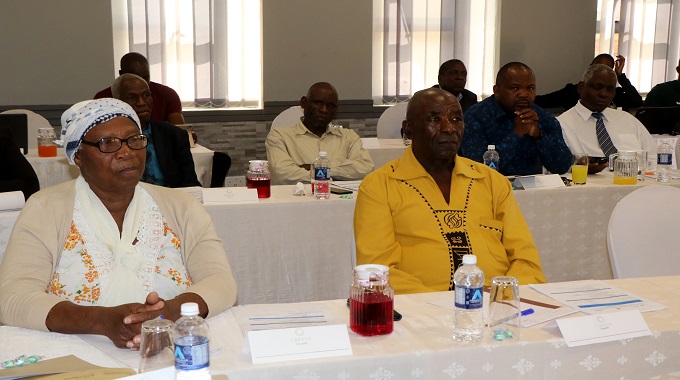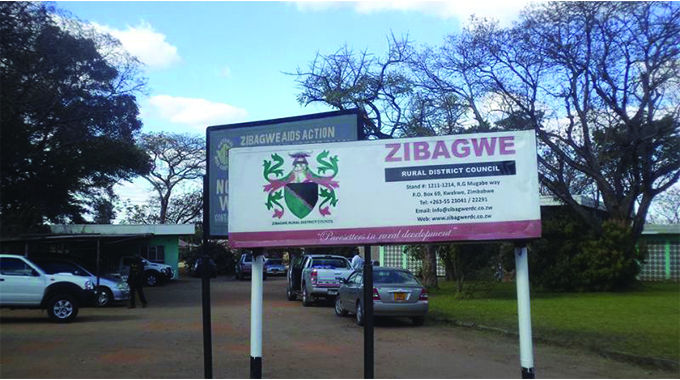Injiva behind unwanted rural pregnancies- Chiefs

Flora Fadzai Sibanda, Chronicle Reporter
WOMEN and girls in rural areas mostly get unwanted pregnancies around December when South African based Zimbabweans (Injiva/omalayitsha) visit the country.
This was revealed at an Indaba organised by the Ministry of Local Government and Public Works alongside United Nations for women are working with chiefs and traditional leaders in Matabeleland to end violence against women and girls in rural areas.

Traditional leaders conference on ending violence against women and girls and other harmful practises in Matabeleland Province at local hotel in Bulawayo yesterday.
The partners in the initiative emphasised the need for chiefs and traditional leaders to work on ending violence against women in rural areas as they are the custodians of cultural norms.
The chiefs were advised to establish safe shelters for victims and standby funds in their villages to cater for women who fall prey to violence.
The fight to end early marriages was also discussed with rural areas being mostly affected because of the customs that people follow.
Senator Chief Siansali of Binga said Injiva and omalayitsha abuse young girls, most of whom live in poverty, after enticing them with basic comodities and cars.
“These Injiva are also our children. They grew up here. It is the duty of every parent to teach their South African based children not to take advantage of their neighbours to abuse them sexually,” he said.
Senator Chief Siansali said they were already working with villagers to mobilise people in ensuring that women are empowered.
He said teenage marriages and pregnancies are caused by low availability of resources in Binga, therefore there was need for the Government to intervene.
“Most of these children fall pregnant during examination time. They camp at schools because walking on a daily basis to school tires them and makes them lose concentration. If more schools that are nearer to homes could be built it would make everyone’s job easier,” he said.
The UN director gender mainstreaming, inclusivity and wellness Mrs Ruvarashe Chigiya-Mujeni said traditional leaders should advocate for women and girl child’s socio-economic empowerment projects.
“This will make women in rural areas know their worth and protect themselves from violence,” she said.
In an interview, the Deputy President of the Chiefs Council, Chief Mtshane Khumalo said he learnt a lot from the workshop about uplifting women.
He said it will not be an easy job because what needs to be implemented will clash with traditional beliefs that men grew up being taught.
“There are conflicts that might rise in rural areas as we try to implement this. In rural areas a man and a woman are never equal so implementing these teachings might be a bit challenging,” he said.
Chief Khumalo said they were however going to work very hard in making sure women are empowered in rural areas.
@flora_sibanda












Comments